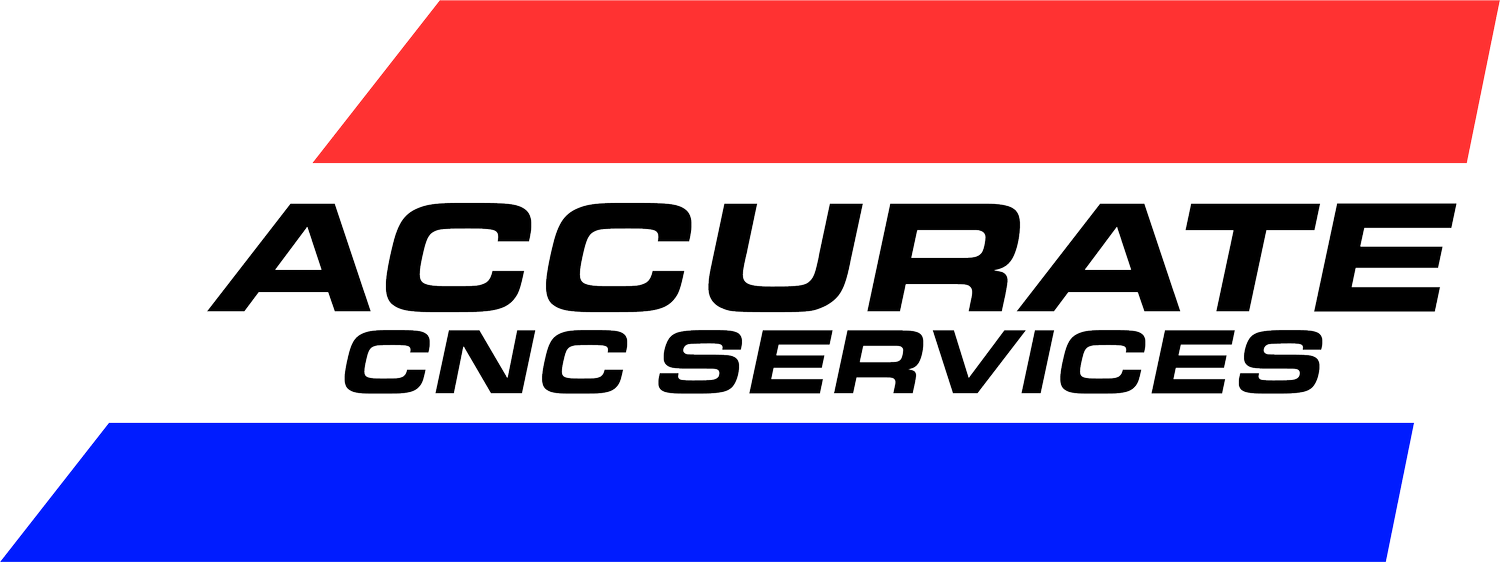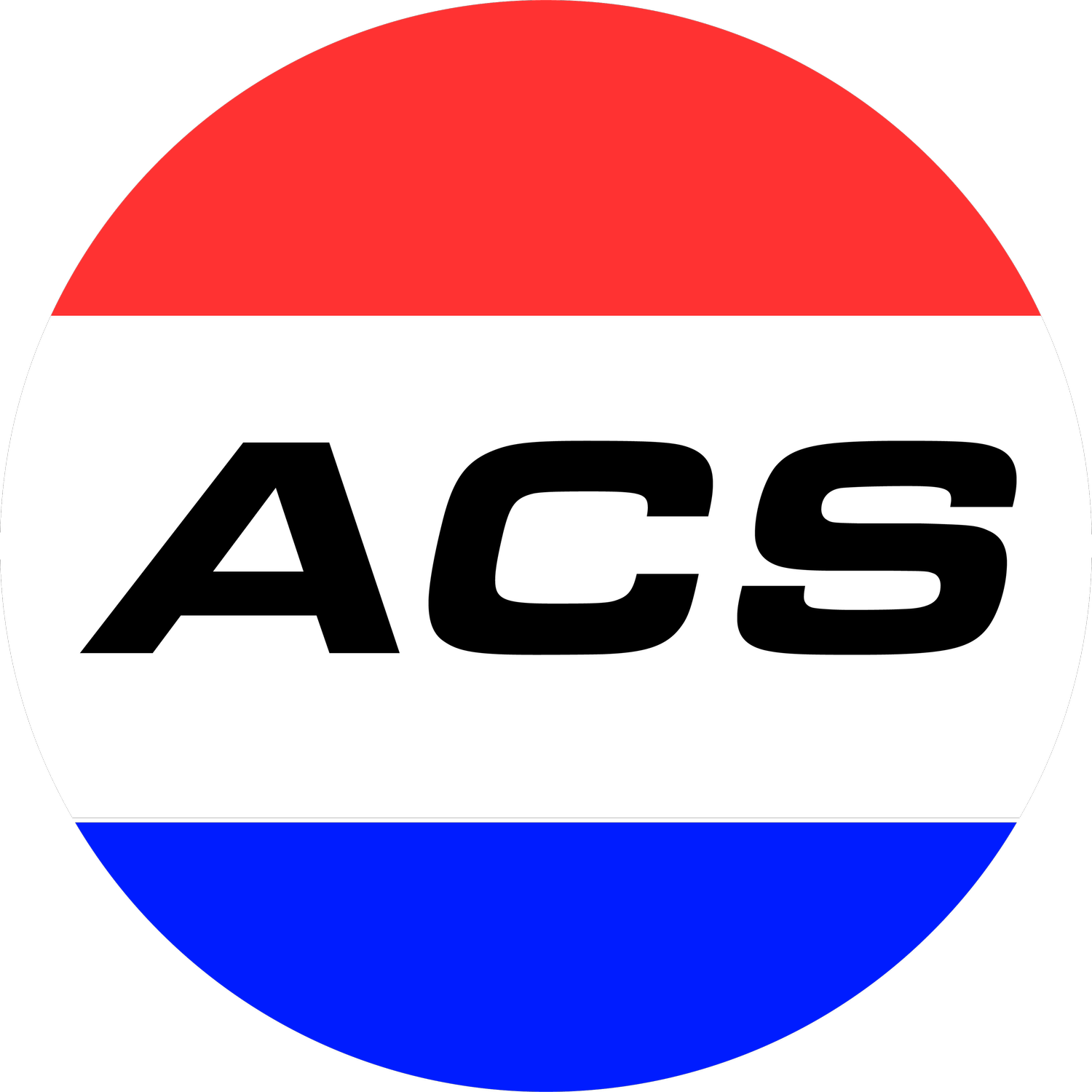Choose Phenolic Plywood: Get Superior Strength, Resistance, and Durability
Most people hear “precision machining” and immediately think “metal,” but our capabilities accommodate a wide range of materials, including plastic, foam, rubber, and wood.
If your project calls for plywood construction, one surprisingly strong, durable, and versatile option is phenolic plywood, also known as high-density overlay (HDO) plywood.
What Is Phenolic Plywood?
Phenolic plywood is a robust composite material whose exterior veneer is soaked and coated with phenolic resin, a synthetic thermosetting polymer that, in the early 20th century, was originally marketed as—wait for it: Bakelite. The phenolic resin skin renders the engineered wood highly moisture-resistant and significantly more durable than plywood alone.
Phenolic Plywood for conveyor belt platform
Who Uses Phenolic Plywood?
Traditional plywood is the material of choice for many projects that come through our Idaho machine shop, like the indoor Reading Cabin we built for the Coeur d'Alene children’s library. But for high-wear and outdoor applications, phenolic plywood is your best bet.
One Accurate CNC customer prefers phenolic plywood for their pallet conveyor systems’ belt beds. The HDO material’s durable surface is practically impervious to wear, and its sleek finish allows pallets to slide right off the conveyor without a hitch.
Industries and applications
Phenolic plywood’s strength and weather resistance make it an obvious choice for construction projects, including floors, walls, roofing, and countless formwork applications—even in high-humidity environments.
When used to build concrete forms, also called shuttering boxes, phenolic plywood’s moisture resistance prevents swelling or deformation, and its glossy surface ensures beautifully smooth concrete structures.
From truck beds to bus flooring, phenolic plywood provides impressive durability and sustained wear resistance even under the heaviest loads.
Phenolic plywood’s chemical resistance makes it a top option for countertops in research laboratories, medical facilities, and food industries.
OEMs and machine shops leverage phenolic plywood for jigs and tooling.
Phenolic Plywood’s Key Properties
Along with phenolic plywood’s resistance to moisture, wear, and chemicals, the HDO material embodies these additional impressive properties:
Excellent dimensional stability means phenolic plywood won’t warp, shrink, or expand when exposed to temperature changes or humidity.
Phenolic plywood is a sustainable option thanks to its reusability; the boards from shuttering boxes can be reused 10-20 times!
High fire resistance contributes to phenolic plywood’s value in construction applications.
Phenolic plywood’s non-microbial, non-absorbent composition naturally repels bacteria, mold, and mildew, making it a very safe material in homes and workplaces.
Though the number of plies in your phenolic plywood impacts the final results, the HDO material performs very well under bend testing, compression shear testing, bending shear testing, and tensile testing.
Machining Phenolic Plywood
Because phenolic plywood cuts so beautifully, machining phenolic plywood is simple and straightforward, keeping your machining time short and your lead time low.
We regularly cut and shape phenolic plywood with one of our Idaho machine shop‘s powerful Multicam routers and can even add temporary part marks to your plywood pieces to streamline your assembly process. Better yet, let our team complete your large assembly in our shop and ship the finished product to your door!
Phenolic plywood is surprisingly lightweight, enabling cost-efficient transportation and easy handling at your application site.
Cutting considerations
Phenolic plywood sheets arrive with factory-sealed edges, but cutting exposes the raw wood core. If moisture resistance is important to your application, you will want to re-seal the cut edges of your boards with acrylic paint.
Phenolic Plywood Options
Accurate CNC stocks 0.75” HDO 100/100, a double-sided phenolic plywood with completely sealed edges. A wide variety of phenolic plywood options are available, however, and our Idaho machine shop can procure whatever sizes and surface customizations you require, including:
Thicknesses from 0.25” to 1”
Anti-slip solutions
Multiple color options
Single-side phenolic coated sheets
We can also source phenolic plywood made from a diverse range of woods, like these:
Acacia embodies high moisture, deformation, and wear resistance and is common in exterior applications.
Birch is the most popular wood for phenolic plywood, offering a uniform grain and a smooth finish along with high strength and durability.
Eucalyptus is hard and very mechanically resistant, with a high resistance to wear and abrasion.
Fir, common in structural applications, is soft and lightweight while remaining strong and durable, though it’s less wear-resistant than birch or pine.
Okoume is an African wood that offers maximum water resistance while remaining smooth, strong, durable, and easy to work with.
Pine is cheaper than birch, offering high strength with a less-smooth finish.
Poplar is soft, lightweight, and easy to work with, offering good dimensional stability and a beautifully uniform grain.
Teak is a strong, attractive Asian hardwood with high resistance to humidity and weathering.
With Accurate CNC providing full project management for your job, your only task is to tell us what you need; we’ll handle the rest.
Purchasing phenolic plywood
The cost for the average sheet of birch phenolic plywood is comparable to that of high-quality hardwood or marine-grade wood. Because well-maintained phenolic plywood retains its impressive properties for 20 years or more, most consider it an excellent value.
Accurate CNC Provides Machining for Phenolic Plywood
When your plywood project requires superior strength, durability, and resistance to wear and environmental factors, come to Accurate CNC for phenolic plywood manufacturing. We’re confident that our Idaho machine shop‘s top-quality materials and exceptional machining services will make you an Accurate CNC devotee for life!



